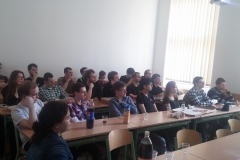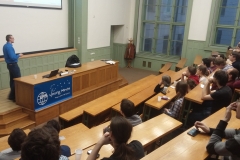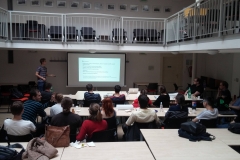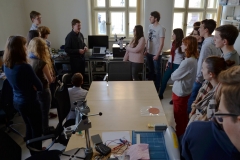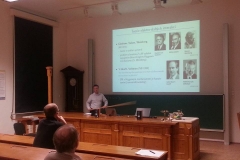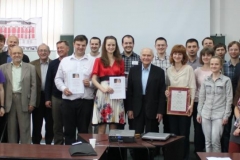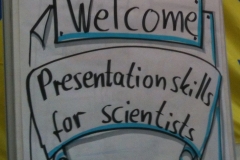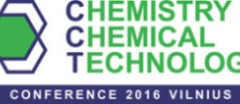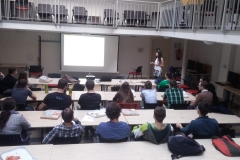 In general, people do not know much about lives of the scientists and researchers, their career and educational possibilities. One of the projects of Prague EPS Young Minds section is make a survey which would address graduates and current master and doctoral students mainly from our faculty about satisfaction with the quality of their former education, in the context of their research career, work experience, salary, travel possibilities, amount of their free time, quality of their personal life, plans for the future, etc.
In general, people do not know much about lives of the scientists and researchers, their career and educational possibilities. One of the projects of Prague EPS Young Minds section is make a survey which would address graduates and current master and doctoral students mainly from our faculty about satisfaction with the quality of their former education, in the context of their research career, work experience, salary, travel possibilities, amount of their free time, quality of their personal life, plans for the future, etc.
Our survey helps to familiarize with the situation in the science and research in objective and professional manner. It will draw attention to strong and, what is more important, weak points of the student scientific life at our faculty.
The survey was created using Google forms and it is acessible here: http://goo.gl/forms/vo1FAJM5Wg. For now survey is available only in Czech, but in the future we will consider translation into English and provision of the survey to other Young Minds sections. Our survey was finished in March 2016 and subsequently sent to chosen respondents. For now, first results are available. Totally, the survey was filled in by 45 respondents, mainly by master and postgraduate students from our faculty. Majority of them study or finished their studies in physics, mathematics and information technology. In general, respondents are satisfied with their studies and career, although there is large group of students who are satisfied only partially with their studies. Main problems are small amount of free time, lack of money at faculty and some boring subject that do not correspondent to requirements of their research projects. But on the other hand, many respondents appreciate interesting lessons, professionalism and friendliness of teachers and possibility to do high-quality research at faculty or in cooperation with foreign universities and research institutions.
We have also found out that financial situation of master and doctoral students and researchers is average, but many of them would appreciate better financial reward because in comparison with private sector, financial situation of respondents there is highly above the average salary in the Czech Republic.
Gathered data were and are still being processed in more detailed way.
After that, results were presented and discussed. During the presentation, small beverages were offered to students. Attending students were highly interested in these survey, thus we plan to repeat this presentation at the beginning of the next semester. The results of our survey will be also published on Prague EPS Young Minds website and printed it on the posters located at several universities. Our aim is also present these results to management, departments and student union of the faculty. The survey will serve as a feedback and help improve the current status of various study programmes.
The survey and gathering data will continue in the next semester with possible enlargement of number of interesting additional questions. We would like to increase statistics of the results by addressing more respondents focusing more on graduates.
 From July 8-10 the members of the University of Latvia Young Minds Section participated in a sports, music and creativity festival named “Playground”. The festival proved to be quite popular, garnering a turnout of a few thousand people. In the festival, our section operated a workshop in which attendants could take part in various physical demonstrations. The workshop attracted numerous people, young and old, most of whom had little day to day interaction with physics and science in general. Some were interested in the physical background of the experiments, while other were content with just witnessing the show.
From July 8-10 the members of the University of Latvia Young Minds Section participated in a sports, music and creativity festival named “Playground”. The festival proved to be quite popular, garnering a turnout of a few thousand people. In the festival, our section operated a workshop in which attendants could take part in various physical demonstrations. The workshop attracted numerous people, young and old, most of whom had little day to day interaction with physics and science in general. Some were interested in the physical background of the experiments, while other were content with just witnessing the show.
